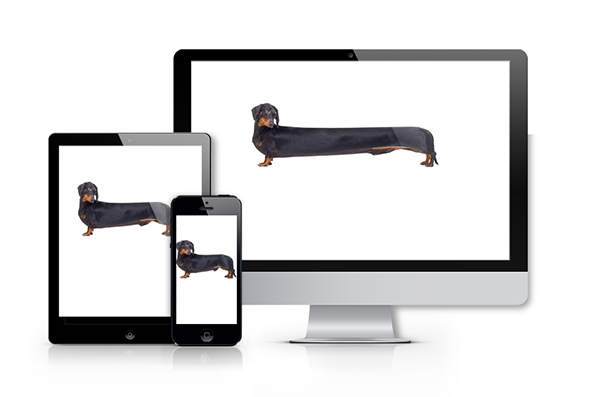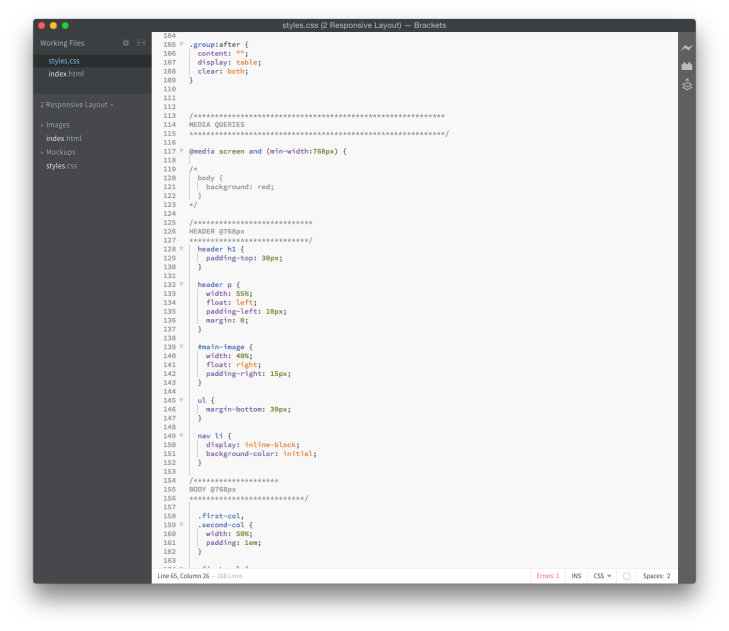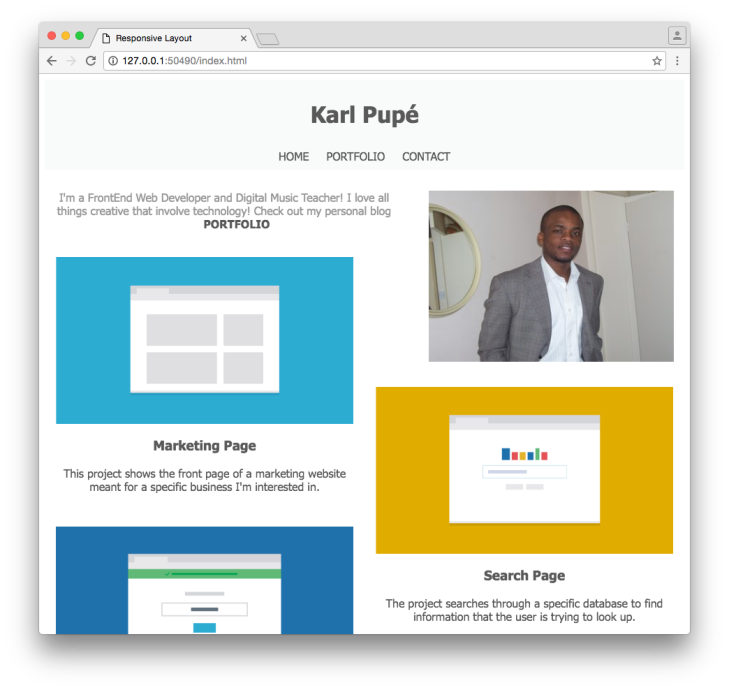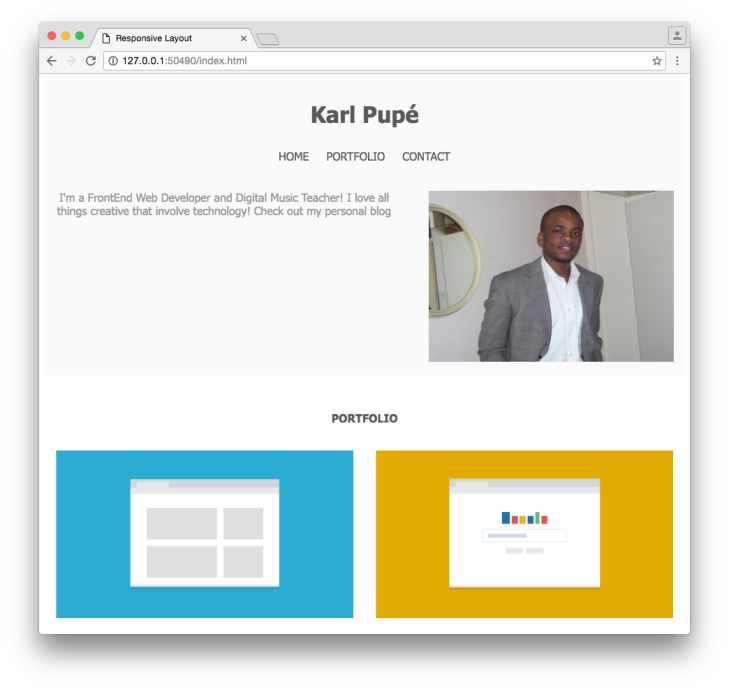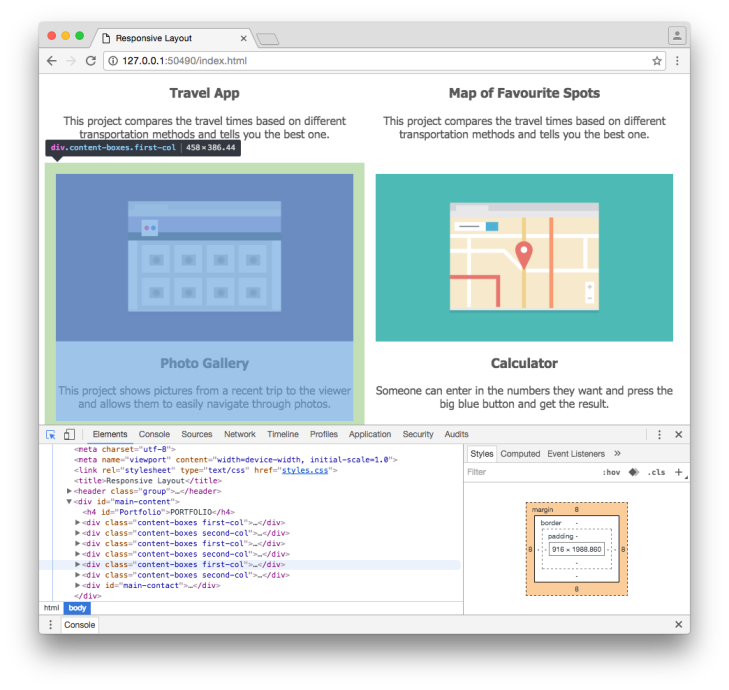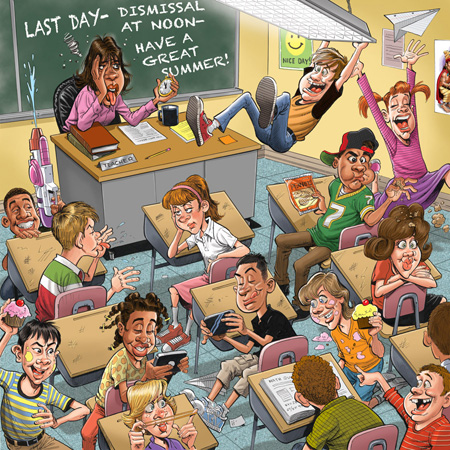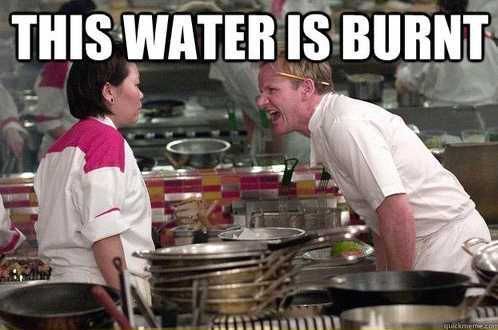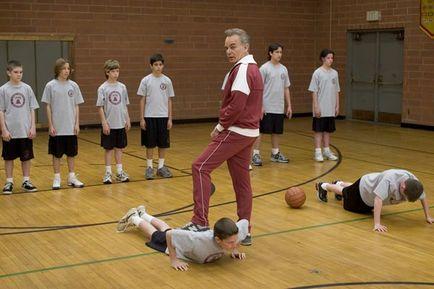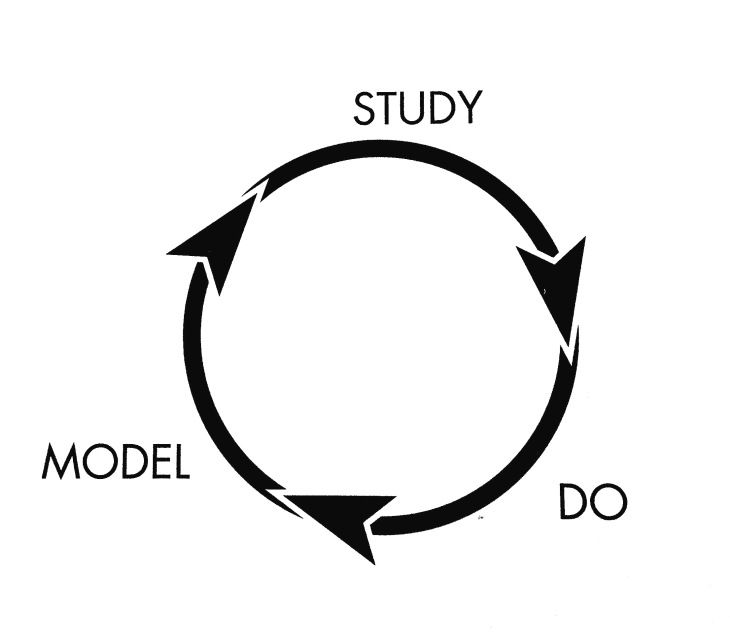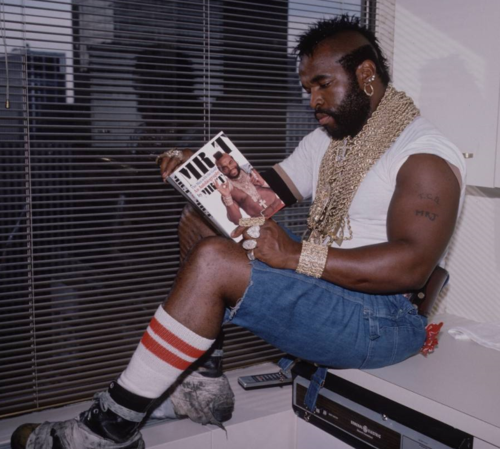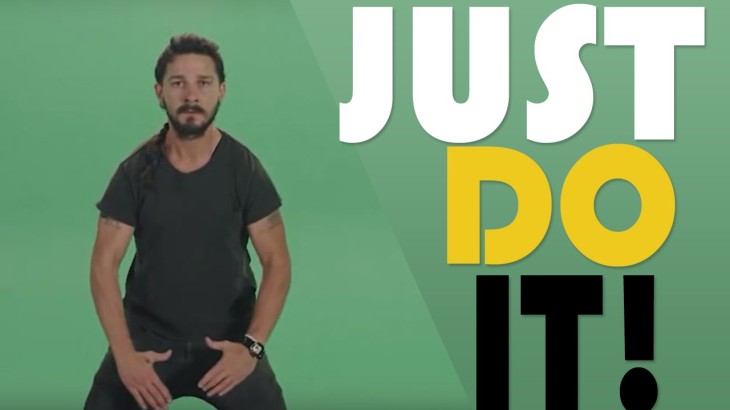Reading time: 6 minutes.
Introduction
I recently met with a friend who I shall call James that I haven’t seen in a year. James was successful in his field: he had money, a great career & got to travel to interesting places – sweet.
But James was not happy. He confessed that despite all the success, he thought that his job took up all of his time and he never got the chance to see his friends & his close relationships were falling to pieces. He admitted that he was feeling lonely, quite depressed and was terrified of ending up by all by himself.
Although I’m married, I totally understood where James is coming from. Being a teacher and switching careers left me less time to see close friends/family. James’ confession made me wondering how much I’ve neglected my relationships to chase those Queen Heads (pounds sterling).
Now you all know I’m a massive fan of all things technological and one of the greatest gifts Web 2.0 brought us is social media.
The likes of Twitter, Instagram, Facebook and WhatsApp have permanently changed the way human beings interact. Social media has allowed us to be part of online communities and interact with people across the globe in the blink of an eye.
But something else is going on here. Despite being the most connected generation in human history, it seems that we are becoming the most isolated.
Studies show that loneliness – often seen as the problem of the elderly, in fact affects 60% of young people aged between 18 to 34 compared to 35% of the over 55s. Other studies show that loneliness can be as bad for your health as obesity and smoking!
So what’s happening? Here’s 3 things I have observed from my own life.
1) Information Overload

That’s what happens when you are off work for 2 weeks & you have to go through your work emails.
Technology has has made our lives undoubtably better but we are dealing with more information than ever & that has rocketed our pace of life. Studies have shown that we are taking in five times more data than we did in 1985 which is equivalent to 175 newspapers – and that excludes our daily work!
When I was growing up in the 90s, there was no Internet, we had four TV channels, no mobiles or 24-hour rolling news coverage. For entertainment would play football in the street or ride a bike is in the park. We had… Space. But now we have so much flying at us, we lack the time & patience true friendship needs to grow strong & healthy.
2) Unrealistic lives

That’s how we roll… on the table.
Social media has given access to all of us to have our 15 minutes of fame – but at what cost?
A family member of mine has a Facebook profile picture of himself with a brand-new green Lamborghini Aventador. When I asked him when he won the lottery, he told me he hired it for the day for photoshoot. He told me various things like:
‘You need to up your profile’
‘You need show people you’re ballin’
‘You need to show people you live life’
But paying £500 to impress people with the car that you don’t have, to people that you don’t know, to promote a life that is not yours is a lot of effort. But social media makes it easy to do – infact it’s promoted.
3) Lack of intimacy

In-to-me-see.
When I upset my mother in public, my mother would simply say “wait until you get home – then me and you are going to have a talk”. Although sometimes that talk was not only verbal but physical, my mother felt that not everything should be for the public to see.
In a time we can share pictures of our holidays or our wedding photos, how do we share that a loved one is sick? Or share how we’re not sure about our careers? Or that we feel anxious/depressed? It blemishes that perfect picture we brought up of ourselves online and damages the “brand” – but are we big corporations or human beings?
Here’s 3 ways I’m using to reverse the trend.
1) Unplug & meet IRL (In Real Life)

Unplug. Go analogue.
I’m still terrible at this but for those people who I actually care about, instead of texting/tweeting/updating I try and arrange time in my calendar to meet them face-to-face. I try to clear a couple of hours in my schedule – this helps me slow down, be less charged up and more in the present with them. I try not to stay on my phone & try to give them my undivided attention – I still struggle with this but I know this shows I respect their time & presence.
2) Know that everyone doesn’t have it all together
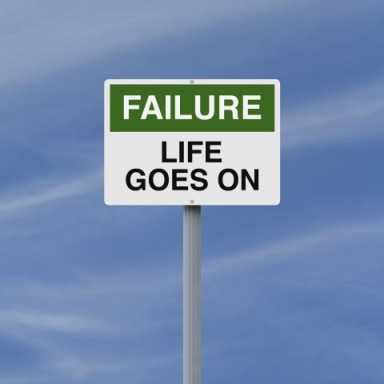
When we go on social media, we only present our perfect selves. To outsiders it looks like “We got all our stuff together” but that is far from the truth. The brutal reality of human beings is that we are often confused, irritated, we make mistakes and more often than not are ‘winging it’ in the adventure called life. Philosopher Soren Klerkegaard said
“Life can only be understood backwards; but it must be lived forwards”.
Sometimes in career & life building, we can get lost in the brand, but remember we’re human first. This helps us be more compassionate with ourselves & others.
3) Be vulnerable
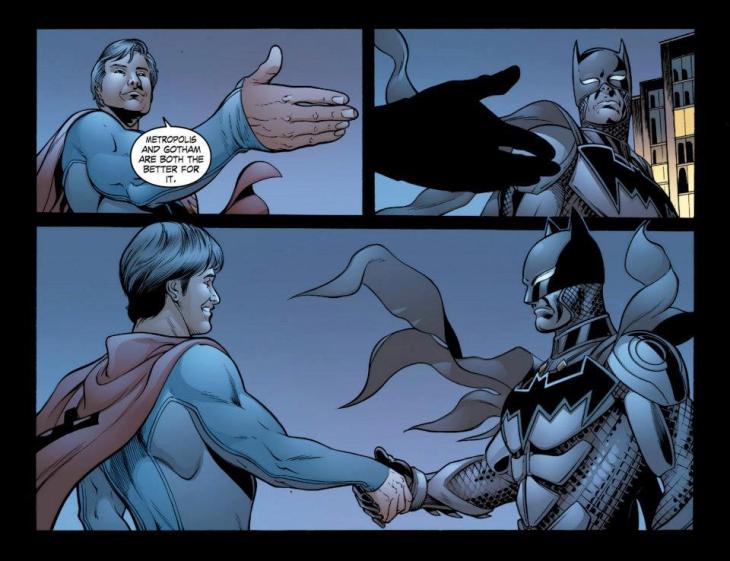
Even Batman needs a friend…
Author Brene Brown in her book “Daring Greatly” said
“vulnerability sounds like truth and feels like courage. Truth and courage aren’t always comfortable, but they never weaknesses”.
In some people’s minds, James is confession could be seen as weakness but in truth it was great strength. To admit your fears/uncertainties is what makes for genuine friendships. As humans, we often believe that our vulnerabilities are unique to us, like we are the first humans ever to go through our difficult feelings. But in truth, the more we open up to the right people, we grow stronger and realise that we all have a lot more in common than we think. That understanding and openness allows us to make a real connection: greater than anything Mark Zuckerberg ever can conjure up.
Thank you for reading! Does social media enhance friendship or hinder it? What do you think? Please comment below or tweet me @karlwebdev.
See you next Thursday!
Karlwebdev


